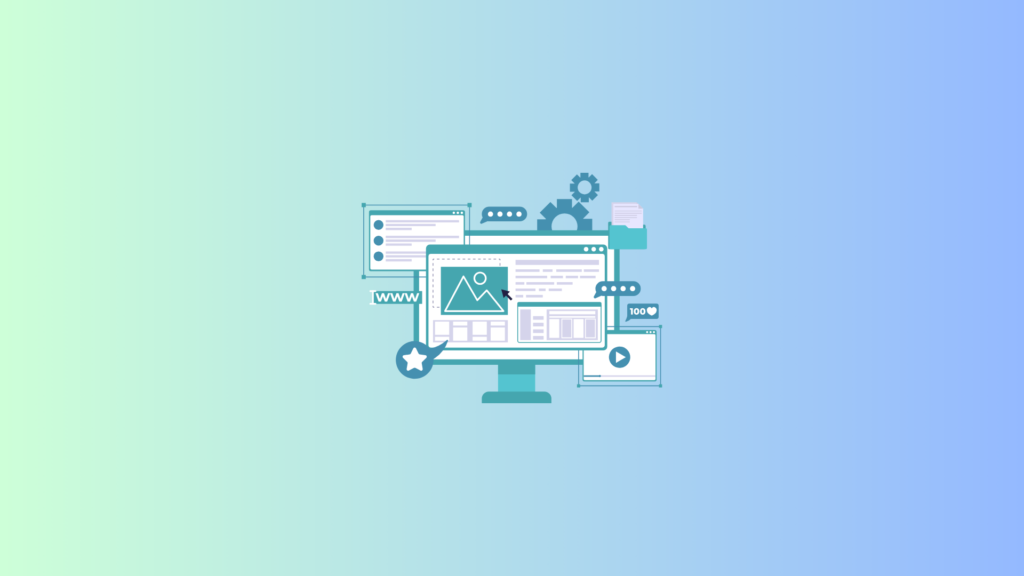A type of academic dishonesty known as “program plagiarism” occurs when students copy or turn in code that appears to be their own.
This approach compromises the integrity of computer science teaching and research. We will examine program plagiarism in this post, including what it is, why it isn’t good, and how it affects students, teachers, and the academic community at large.

Definition of Program Plagiarism
Programming assignments or code that have not been created entirely by the student is considered program plagiarism. It entails stealing code without giving due credit or consent from other sources, including internet discussion boards, textbooks, and classmates. Program plagiarism can take many different forms, such as sending code that was received from unapproved sources, directly duplicating existing code, or subtly altering it to hide its source.
Undermines Academic Integrity
Academic honesty and integrity are fundamentally compromised by program plagiarism. It is expected of students in educational environments to independently work toward developing their problem-solving abilities and demonstrating their comprehension of the course material. By passing this procedure and using plagiarized code, students can get credit for tasks they did not do. This undermines the authenticity and impartiality of evaluations and diminishes the accomplishments of honorable pupils.
Hinders Learning and Skill Development
Students who participate in program plagiarism miss out on the chance to acquire and hone critical thinking and programming abilities. Learning how to write code, troubleshoot mistakes, and optimize algorithms is essential to grasping computer science ideas. Students lose out on important learning opportunities and fail to acquire the competence and skills required for success in their studies and job efforts when they turn to copying code.
Erodes Trust and Credibility
Program plagiarism damages one’s reputation and trustworthiness among classmates, teachers, and other members of the academic community. Students betray the confidence their teachers and classmates have in them when they turn in copied code. This damages the integrity of degrees and credentials obtained by unethical means and erodes the legitimacy of academic institutions. Furthermore, it fosters a climate of mistrust and cynicism in which legitimate academic accomplishments are questioned and given less weight.
Compromises Fairness and Equity
Program plagiarism gives dishonest pupils an unfair edge, which undermines the fairness and justice of evaluations. Grading and assessment inequalities arise when some students turn in code that has been plagiarized while others follow the rules of academic honesty. Because of the unfair competition from cheaters, honest students may lose out on chances or obtain inferior scores. This maintains disparities in academic performance and undercuts the meritocracy of education.
Diminishes Personal and Professional Growth
Program plagiarism reduces students’ chances to advance both personally and professionally. The information and abilities acquired from real-world learning experiences are crucial for success in the workplace and beyond. Cheating robs pupils of the opportunity to acquire analytical, problem-solving, and teamwork skills—all of which are very desirable in today’s technologically advanced society. Furthermore, the negative connotations attached to academic dishonesty can damage students’ reputations and impede their ability to pursue future careers.
Legal and Ethical Implications
Beyond academic repercussions, program plagiarism could result in legal and ethical ramifications. Utilizing a code plagiarism checker is a proactive measure that helps students and educators identify instances of code plagiarism before submitting assignments. Code plagiarism can occasionally be considered a violation of intellectual property rights or copyright laws, particularly when it involves unauthorized use of commercial software or code. Furthermore, unethical behavior in the classroom can harm students’ integrity and reputations, which may have a long-term negative impact on their professional connections and job chances. Using a code plagiarism checker is an effective strategy to prevent unintentional violations and promote a culture of academic honesty.
Conclusion
Program plagiarism is a ubiquitous issue that compromises justice and equity, hampers academic and vocational growth, erodes trust and credibility, stunts professional and personal progress, and may have ethical and legal ramifications. It also affects the integrity of education. To prevent program plagiarism, academic institutions, teachers, and students must collaborate to raise awareness of the issue and enforce academic integrity regulations. You can preserve the ideals of education and guarantee a just and equal learning environment for all by encouraging integrity, truthfulness, and ethical behavior.
